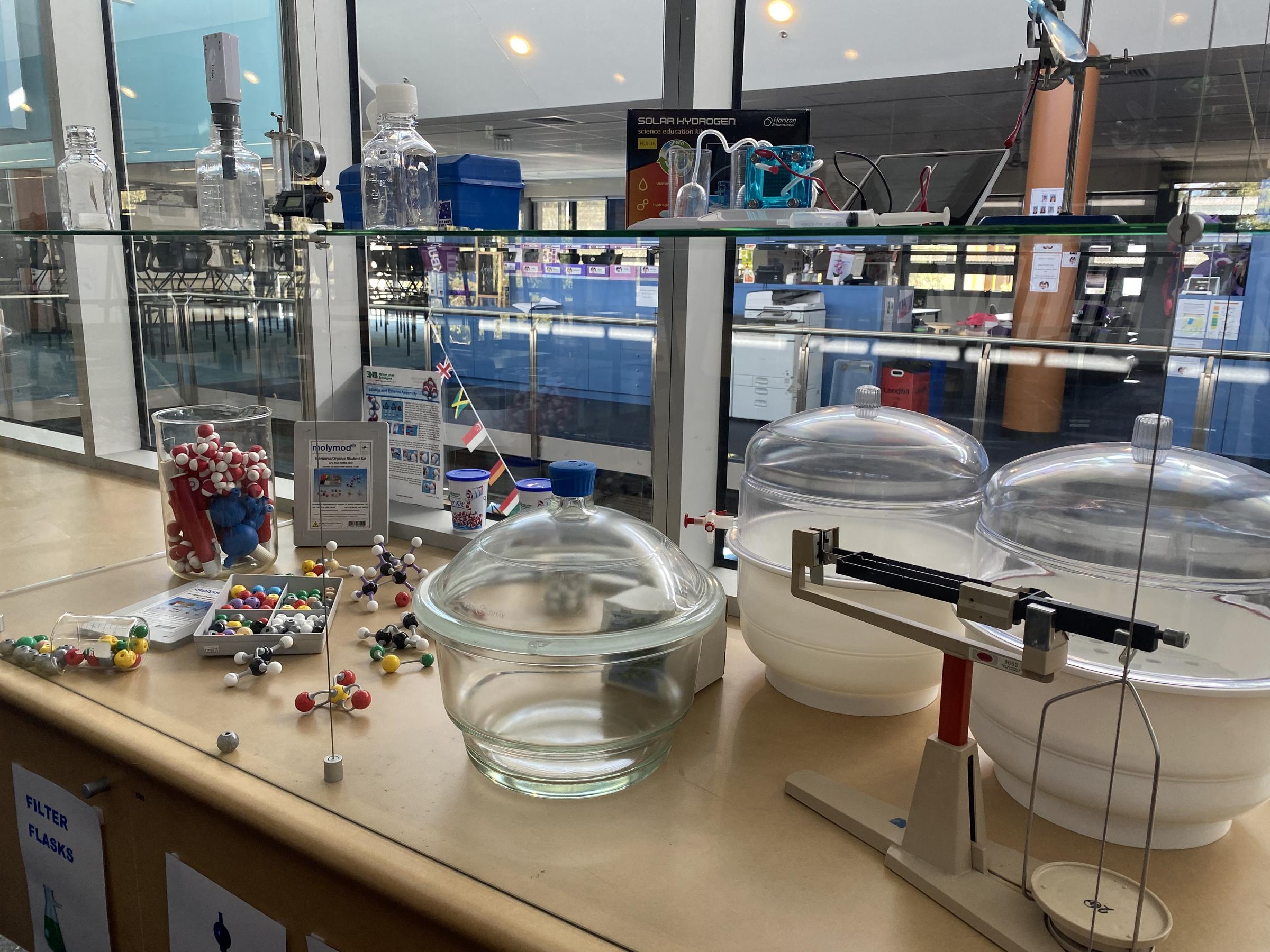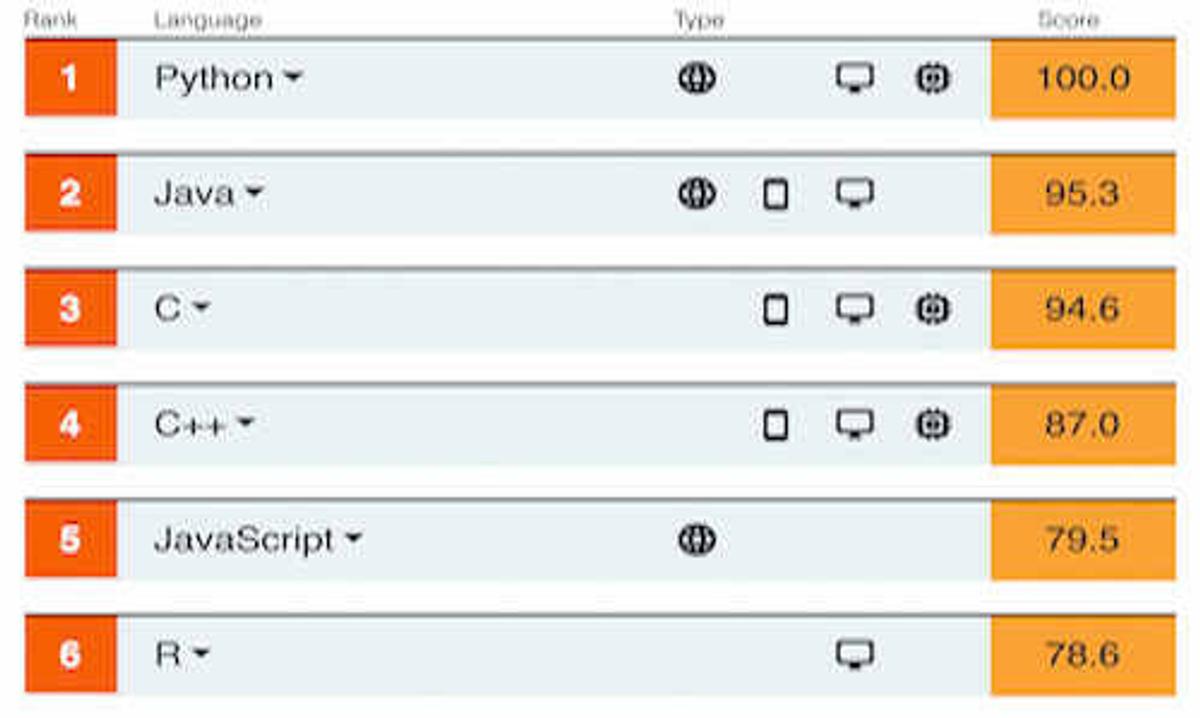Articles of interest

How AI Helps Historians Solve Ancient Puzzles
Financial Times
Carly Minsky
June 30, 2020
Artificial intelligence (AI) and machine learning techniques are helping historians restore or recreate archaeological artifacts from photos of fragments. Israel's Technion University's Ayellet Tal said applying algorithmic techniques to historical research can improve AI's capabilities. AI models can be taught how to reverse the erosion process, predict what the original fragments looked like, and test whether fragments fit together. Said Tal, "We want to transform archaeology and we want to advance computer vision because these tasks are where current algorithms fail." Meanwhile, researchers at Google's DeepMind and the University of Oxford in the U.K. collaborated on a deep learning model that can fill in missing text in ancient Green inscriptions. However, when it comes to digitizing historical documents, there are concerns that algorithms can over-predict the historical significance of some documents and overlook others, leaving gaps in the historical record.
Top Programming Languages 2020
IEEE Spectrum
Stephen Cass
July 22, 2020
Python's dominance as the most popular programming language is holding steady in 2020, according to IEEE Spectrum's latest rankings of top languages. These rankings are based on a combination of metrics from online sources considered solid proxies for the popularity of 55 programming languages. Java and C maintained their respective second- and third-place listings in the new ranking, while Arduino climbed from 11th place in the last ranking to seventh place. One could credit Python's high ranking to metrics inflated by its growing use as a language for instruction, yet Python often is used professionally and in high-profile domains like machine learning, thanks to its massive collection of high-quality, specialized archives. The Covid-19 pandemic appears to have had an impact, with the Twitter metric listing Cobol in seventh place, likely because demand for the language was high in April amid calls to upgrade unemployment benefit systems crashing as a result of lockdowns
Potential Covid-19 Vaccines Get Boost From Machine Learning
MIT CSAIL
Rachel Gordon
July 27, 2020
Researchers from the Massachusetts Institute of Technology's Computer Science and Artificial Intelligence Laboratory have developed a machine learning system that selects peptides predicted to provide high population coverage for a vaccine. The OptiVax system first identifies and scores all possible peptide fragments from viral or tumor proteins that would be good vaccine candidates, based on their ability to elicit an immune response. The system then designs a vaccine to maximize population coverage in different geographical regions, and from the number of peptides displayed per individual to improve the odds of conferring immunity. The researchers used OptiVax to assess a common vaccine design based on the spike protein for Covid-19 that is currently undergoing clinical trials, and devised an enhancement to improve its population coverage with additional peptides.

